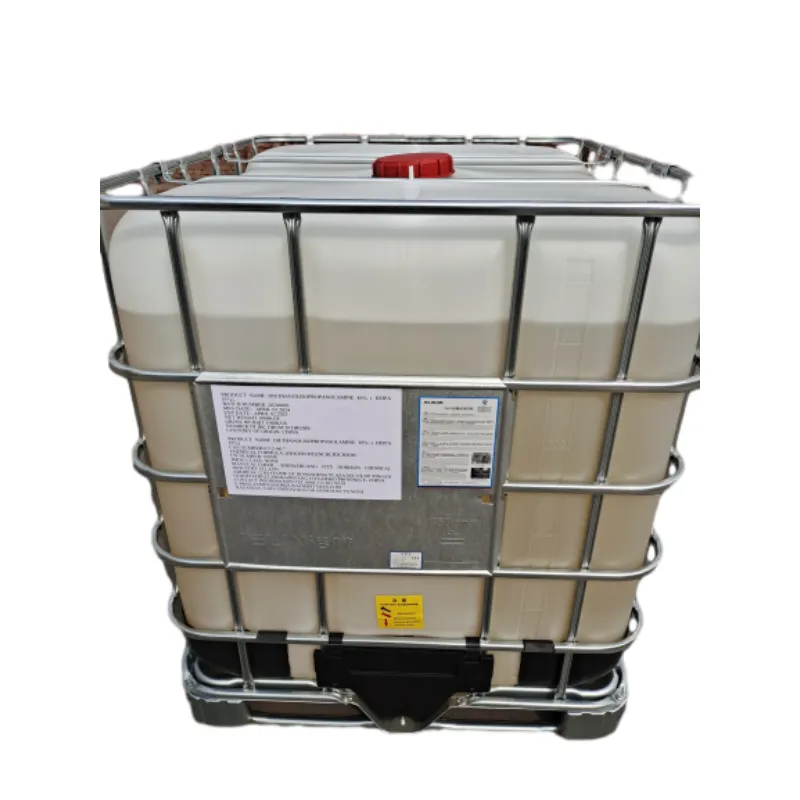
aluminum hydroxide for peptic ulcer disease
Aluminum Hydroxide for Peptic Ulcer Disease
Peptic ulcer disease (PUD) is a common gastrointestinal disorder characterized by the formation of ulcers in the stomach lining or the first part of the small intestine. These ulcers can cause significant pain and discomfort and may lead to serious complications if left untreated. One of the treatment options for peptic ulcer disease is the use of aluminum hydroxide, which acts as an antacid to neutralize stomach acid and relieve symptoms associated with ulcers.
Understanding Peptic Ulcer Disease
Peptic ulcers are primarily caused by an imbalance between the aggressive factors, such as gastric acid and pepsin, and the defensive mechanisms of the gastrointestinal mucosa. Factors contributing to this imbalance include infection with Helicobacter pylori, excessive use of non-steroidal anti-inflammatory drugs (NSAIDs), smoking, and high alcohol consumption. Symptoms of PUD often include burning abdominal pain, bloating, indigestion, and in more severe cases, gastrointestinal bleeding.
Role of Aluminum Hydroxide
Aluminum hydroxide is a compound that is widely used as an antacid in the treatment of various gastrointestinal disorders, including peptic ulcer disease. It works by chemically neutralizing gastric acid, thereby increasing the pH level in the stomach. This action helps to alleviate symptoms such as heartburn and acid reflux, common complaints associated with ulcers.
When aluminum hydroxide is ingested, it reacts with hydrochloric acid in the stomach to form aluminum chloride and water. This reaction decreases acidity and provides symptomatic relief, allowing for a more comfortable healing environment for ulcers. Additionally, the neutralization of gastric acid can help protect the mucosal lining from further erosion and promote healing.
Benefits of Aluminum Hydroxide
aluminum hydroxide for peptic ulcer disease

One of the major benefits of using aluminum hydroxide in the management of peptic ulcer disease is its effectiveness in providing rapid relief from pain and discomfort. Patients often experience relief shortly after administration, which can greatly improve their quality of life.
Furthermore, aluminum hydroxide can be used in conjunction with other treatments, such as proton pump inhibitors (PPIs) or histamine-2 receptor antagonists (H2 blockers), which reduce acid production in the stomach. This combined approach can enhance the overall effectiveness of treatment by not only neutralizing existing acid but also preventing excessive acid production.
Potential Side Effects
While aluminum hydroxide is generally safe and effective, it is not without its potential side effects. One common issue associated with aluminum-containing antacids is constipation. This side effect occurs because aluminum can decrease the peristaltic movement of the gastrointestinal tract. For patients who may be susceptible to constipation, healthcare providers may suggest a balanced diet rich in fiber or a stool softener to mitigate this effect.
Another concern with prolonged use of aluminum hydroxide is the potential for developing aluminum toxicity, particularly in individuals with compromised kidney function. Therefore, healthcare providers often monitor patients’ renal function and adjust the dosage or frequency of use accordingly.
Conclusion
In conclusion, aluminum hydroxide remains a valuable component in the treatment arsenal for peptic ulcer disease. By providing quick relief from symptoms and promoting an environment conducive to healing, aluminum hydroxide can significantly improve patients' quality of life. However, it is essential for patients to be aware of potential side effects and to discuss their use with healthcare professionals to ensure a balanced and effective treatment plan. As research continues and more treatment options become available, the role of aluminum hydroxide will continue to be explored in the context of digestive health and ulcer management.
-
Pure Sodium Dichloroisocyanurate Dihydrate | Powerful DisinfectantNewsAug.29,2025
-
Industrial Chemicals: Quality & Purity for Every IndustryNewsAug.28,2025
-
Nitrile Rubber Honoring Strict Production StandardsNewsAug.22,2025
-
Aspartame Ingredients Honoring Food Safety ValuesNewsAug.22,2025
-
Fertilizer for Balanced Plant NutritionNewsAug.22,2025
-
Cyanide Gold Processing with High Purity AdditivesNewsAug.22,2025
-
Formic Acid in Textile Dyeing ApplicationsNewsAug.22,2025
Hebei Tenger Chemical Technology Co., Ltd. focuses on the chemical industry and is committed to the export service of chemical raw materials.
-

view more DiethanolisopropanolamineIn the ever-growing field of chemical solutions, diethanolisopropanolamine (DEIPA) stands out as a versatile and important compound. Due to its unique chemical structure and properties, DEIPA is of interest to various industries including construction, personal care, and agriculture. -

view more TriisopropanolamineTriisopropanolamine (TIPA) alkanol amine substance, is a kind of alcohol amine compound with amino and alcohol hydroxyl, and because of its molecules contains both amino and hydroxyl. -

view more Tetramethyl Thiuram DisulfideTetramethyl thiuram disulfide, also known as TMTD, is a white to light-yellow powder with a distinct sulfur-like odor. It is soluble in organic solvents such as benzene, acetone, and ethyl acetate, making it highly versatile for use in different formulations. TMTD is known for its excellent vulcanization acceleration properties, which makes it a key ingredient in the production of rubber products. Additionally, it acts as an effective fungicide and bactericide, making it valuable in agricultural applications. Its high purity and stability ensure consistent performance, making it a preferred choice for manufacturers across various industries.





